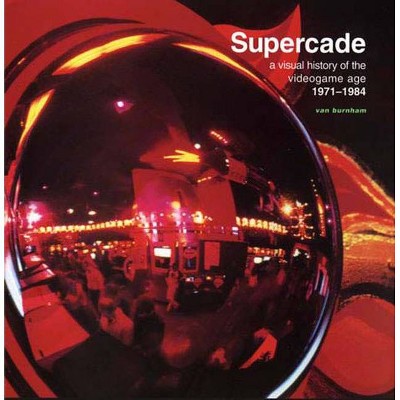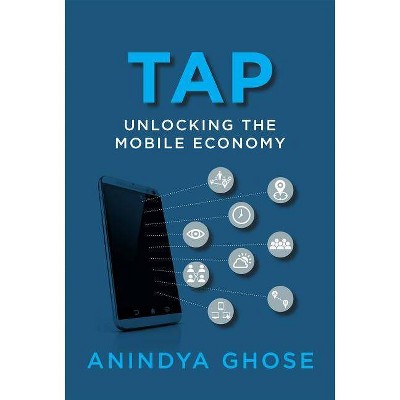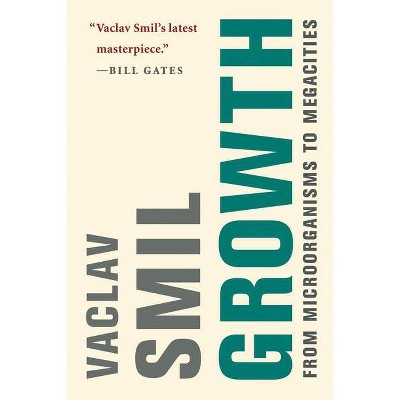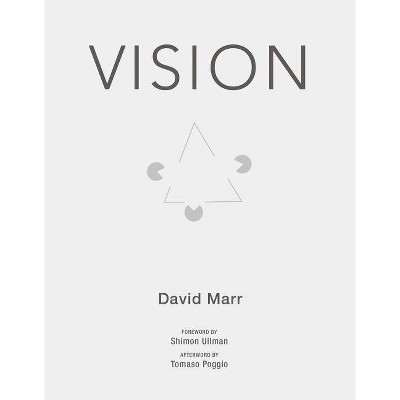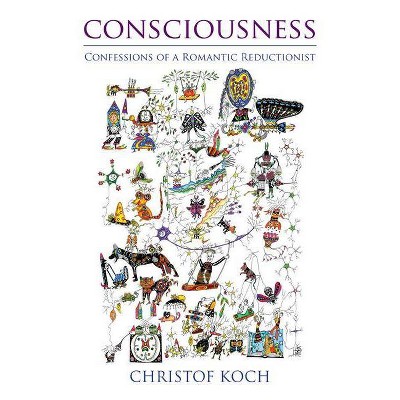Ways of Hearing - (Mit Press) by Damon Krukowski (Paperback)
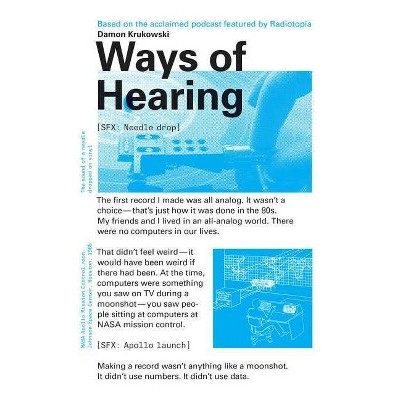
Similar Products
Products of same category from the store
Product info
<p/><br></br><p><b> About the Book </b></p></br></br>A writer-musician examines how the switch from analog to digital audio is changing our perceptions of time, space, love, money, and power.<p/><br></br><p><b> Book Synopsis </b></p></br></br><b>A writer-musician examines how the switch from analog to digital audio is changing our perceptions of time, space, love, money, and power.</b><p>Our voices carry farther than ever before, thanks to digital media. But how are they being heard? In this book, Damon Krukowski examines how the switch from analog to digital audio is changing our perceptions of time, space, love, money, and power. In <i>Ways of Hearing</i>--modeled on <i>Ways of</i> <i>Seeing</i>, John Berger's influential 1972 book on visual culture--Krukowski offers readers a set of tools for critical listening in the digital age. Just as <i>Ways</i> <i>of Seeing</i> began as a BBC television series, <i>Ways of Hearing</i> is based on a six-part podcast produced for the groundbreaking public radio podcast network Radiotopia. Inventive uses of text and design help bring the message beyond the range of earbuds.</p><p>Each chapter of <i>Ways of Hearing</i> explores a different aspect of listening in the digital age: time, space, love, money, and power. Digital time, for example, is designed for machines. When we trade broadcast for podcast, or analog for digital in the recording studio, we give up the opportunity to perceive time together through our media. On the street, we experience public space privately, as our headphones allow us to avoid "ear contact" with the city. Heard on a cell phone, our loved ones' voices are compressed, stripped of context by digital technology. Music has been dematerialized, no longer an object to be bought and sold. With recommendation algorithms and playlists, digital corporations have created a media universe that adapts to us, eliminating the pleasures of brick-and-mortar browsing. Krukowski lays out a choice: do we want a world enriched by the messiness of noise, or one that strives toward the purity of signal only?</p><p/><br></br><p><b> Review Quotes </b></p></br></br><br>Strange as this adaptation may seem in theory, it works perfectly in practice. The way Krukowski approaches his subject makes for engrossing and enlightening reading.--<i>Seattle Times</i>--<br><p>Because the book reads like an illustrated script, complete with sound-effect and scene-setting embeds, the narrative played out vividly in my mind.</p>--<i>The AV Club</i>--<br><p>Damon Krukowski's <i>Ways of Hearing</i> is an ear-opener. Based on the podcast of the same name from Radiotopia, the book is a multimodal experience, one that opens the ears through the eyes.</p>--<i>Columbia Journal</i>--<br><p>This has echoes of Berger and Marshall McLuhan in its approach. I think it will be seen as an important book one day, in terms of distilling how the change from analogue to digital has changed our way of experiencing the world.</p>--<i>Financial Times</i>--<br><p><i>Ways of Hearing</i> poses a compelling counternarrative to typical tech criticism: instead of glibly lamenting how digital life destroys intimacy, Krukowski asks listeners to pay attention to both the sonic as well as the political qualities of sound. Krukowski makes us consider sound--what we hear, what we don't, how, and why--as a means of listening but also, perhaps, of resisting.</p>--<i>The Baffler</i>--<br><p>Krukowski's book ultimately succeeds as a worthy successor to Berger's in the ways that it differs from its predecessor. Listening isn't seeing; why should a book about one unnecessarily echo a book about the other? Krukowski gets more right by charting his own territory than he would by more closely following Berger's blueprint.</p>--<i>Electric Literature</i>--<br><p>Krukowski's book ultimately succeeds as a worthy successor to Berger's in the ways that it differs from its predecessor. Listening isn't seeing; why should a book about one unnecessarily echo a book about the other? Krukowski gets more right by charting his own territory than he would by more closely following Berger's blueprint.</p>--<i>Metapsychology</i>--<br><p>Ways of Hearing elevates attentive, contemplative listening as a way of extending the human sensorium to enhance our interaction with the world through technology. Hearing involves awareness of surrounding sounds. Listening, paying attention to what we hear, elevates our engagement with those sounds and all they have to offer. By listening closely, writes Krukowski, we might discover more about what is meaningful signal for each of us. And how we might best share those signals with one another.</p>--<i>LEONARDO</i>--<br><p/><br></br><p><b> About the Author </b></p></br></br>Damon Krukowski is a writer and musician. Author of <i>The New Analog: Listening and Reconnecting in a Digital World, </i>he has taught writing and sound (and writing about sound) at Harvard University. He was in the indie rock band Galaxie 500 and is currently one half of the folk-rock duo Damon & Naomi. He lives in Cambridge, Massachusetts. <p/>Emily Thompson is a Professor of History at Princeton University.
Price History
Price Archive shows prices from various stores, lets you see history and find the cheapest. There is no actual sale on the website. For all support, inquiry and suggestion messagescommunication@pricearchive.us


